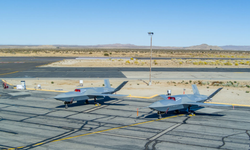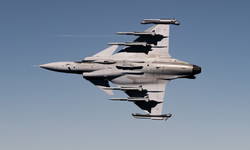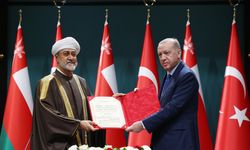The shift in Berlin’s position comes after Chancellor Friedrich Merz met with President Recep Tayyip Erdoğan on the sidelines of the NATO summit in The Hague earlier this week. The meeting signaled a renewed effort to strengthen defense ties between the two NATO allies.
The Eurofighter is a multinational program involving Germany, the United Kingdom, Italy, and Spain. While the UK submitted an offer to Türkiye in March 2025, all four partner nations must approve any export. The previous German coalition government—comprising the Social Democrats, Greens, and Free Democrats—had blocked the sale. However, the new conservative-led coalition is expected to adopt a more permissive stance on arms exports.
The potential deal is seen as strategically significant, not only for Türkiye’s air force modernization plans but also for Europe’s defense industrial base. For Airbus Defence and Space—headquartered in Munich and holding the largest share (46%) of the Eurofighter consortium—the order from Türkiye would provide a much-needed boost. Other partners include the UK’s BAE Systems and Italy’s Leonardo.
While domestic orders from Germany, Spain, and Italy remain limited, additional exports are essential to maintain the production line and fund further upgrades. Analysts argue that sustaining the Eurofighter program is critical if Europe wants to remain a credible player in future fighter aircraft development.
By comparison, the Eurofighter has seen 612 deliveries and around 100 additional orders, while the American-made F-35 has surpassed 3,000 orders globally. Airbus Defence CEO Michael Schöllhorn has repeatedly called for more flexible German export policies, warning that current restrictions hamper Europe’s ability to compete internationally.
The reported shift in Berlin’s position may mark a turning point in the Eurofighter’s export prospects and offer a new opportunity to deepen industrial ties between Türkiye and European defense partners.










